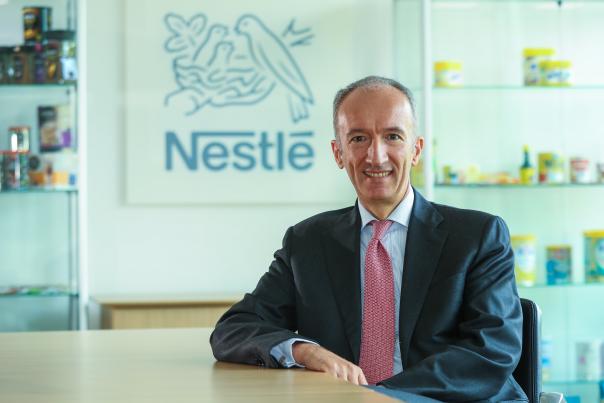
The food and beverage giant’s vision is that none of its packaging, including plastics, ends up in landfill or as litter. Nestlé believes that there is an urgent need to minimize the impact of packaging on the environment.
Nestlé chief executive Mark Schneider said: "Plastic waste is one of the biggest sustainability issues the world is facing today. Tackling it requires a collective approach. We are committed to finding improved solutions to reduce, re-use and recycle. Our ambition is to achieve 100% recyclable or reusable packaging by 2025."
The company focuses on three core areas: eliminating non-recyclable plastics; encouraging the use of plastics that allow better recycling rates; and eliminating or changing complex combinations of packaging materials.
Recognizing the need for developing a circular economy, Nestlé is committed to: playing an active role in the development of well-functioning collection, sorting and recycling schemes; working with value chain partners and industry associations to explore different packaging solutions to reduce plastic usage, facilitate recycling and develop new approaches to eliminate plastic waste; labelling its plastic product packaging with recycling information to help consumers dispose of it in the right way; and promoting a market for recycled plastics by continuing to increase the proportion of recycled plastics in its packaging.
Nestlé’s food service brands include Maggi, Chef, Stouffer's, Minor’s and Lean Cuisine.